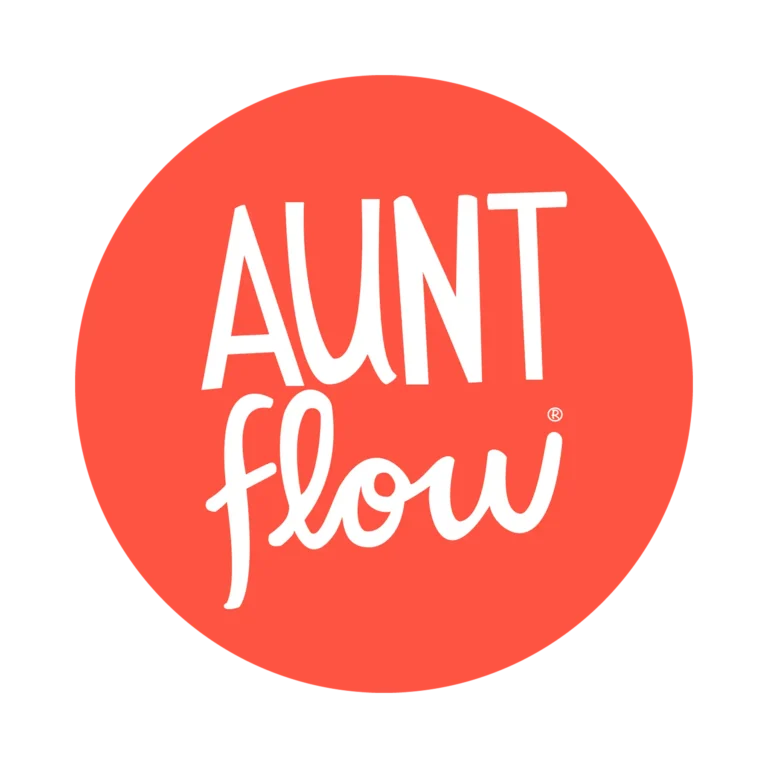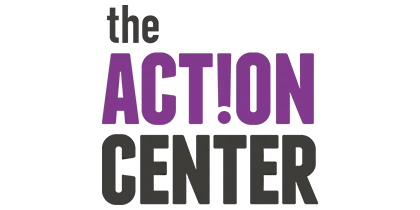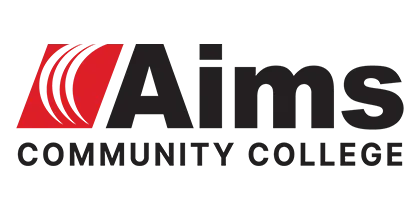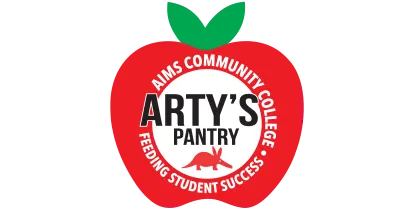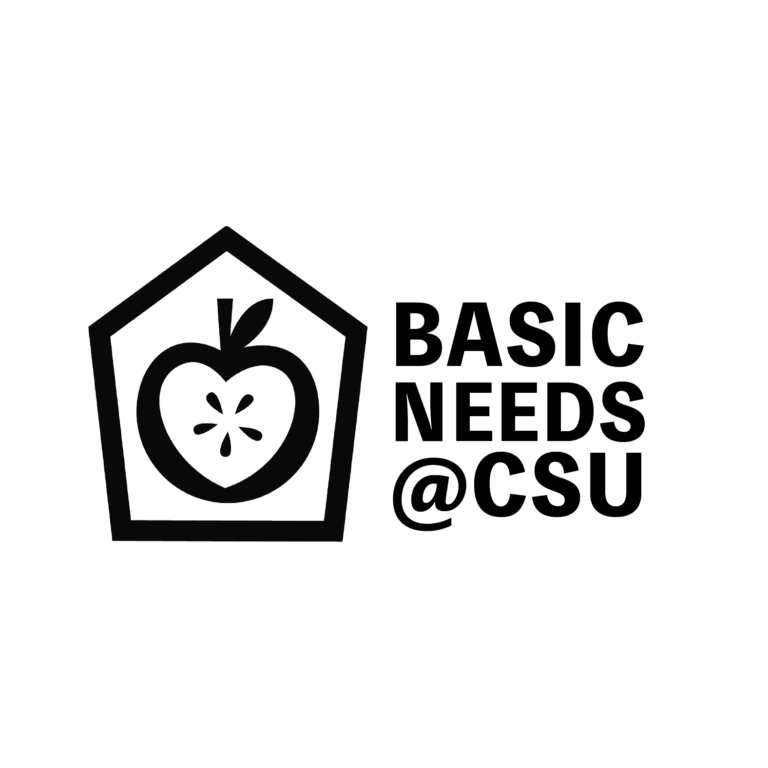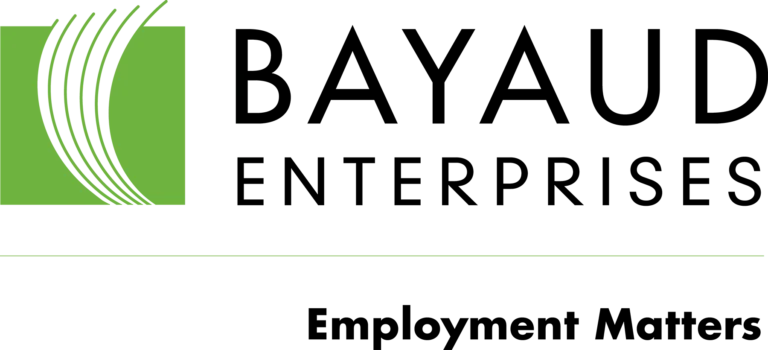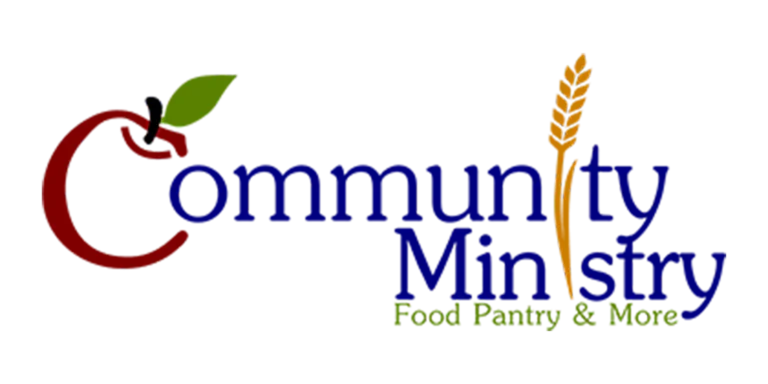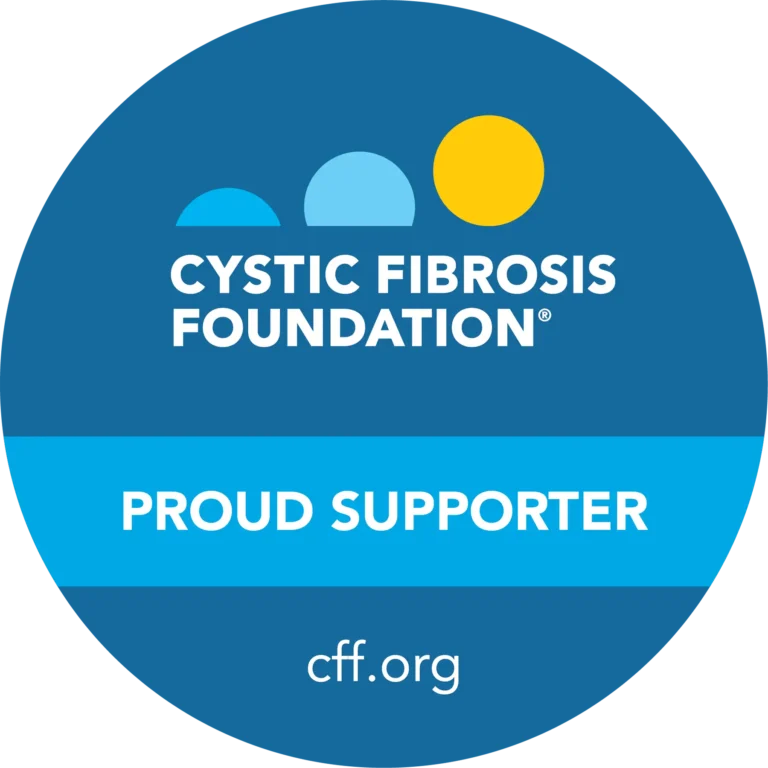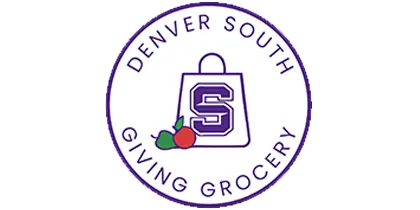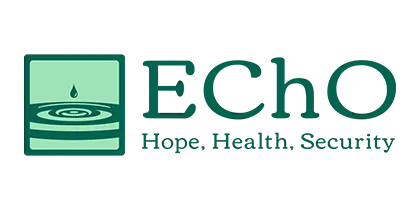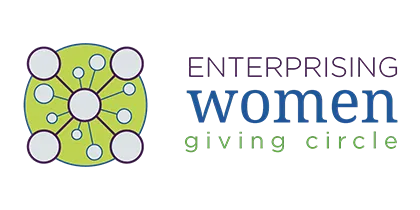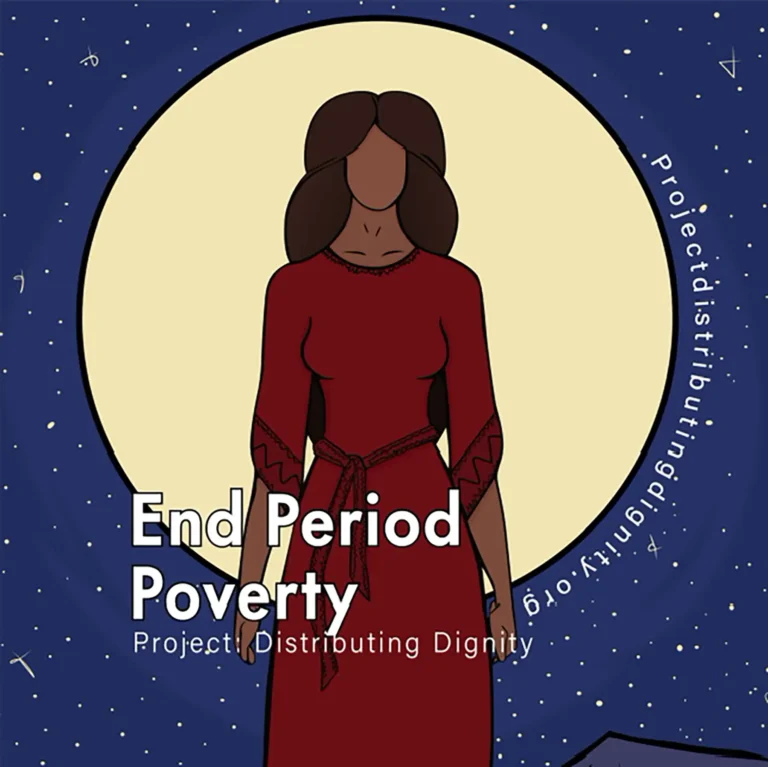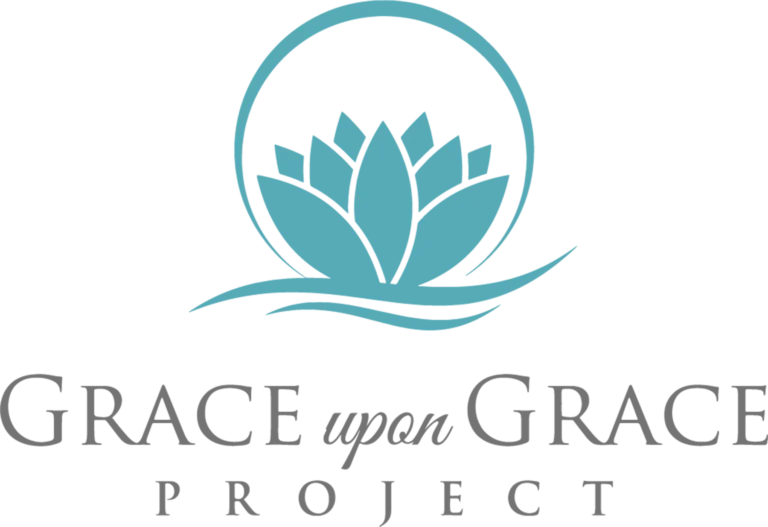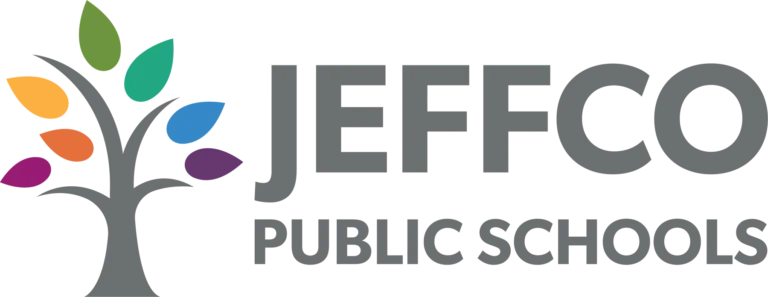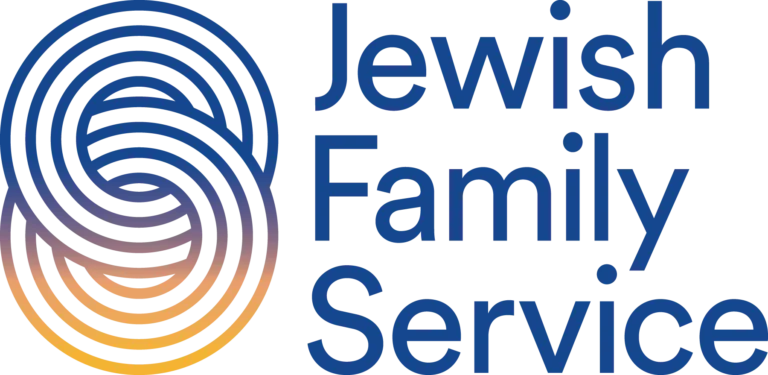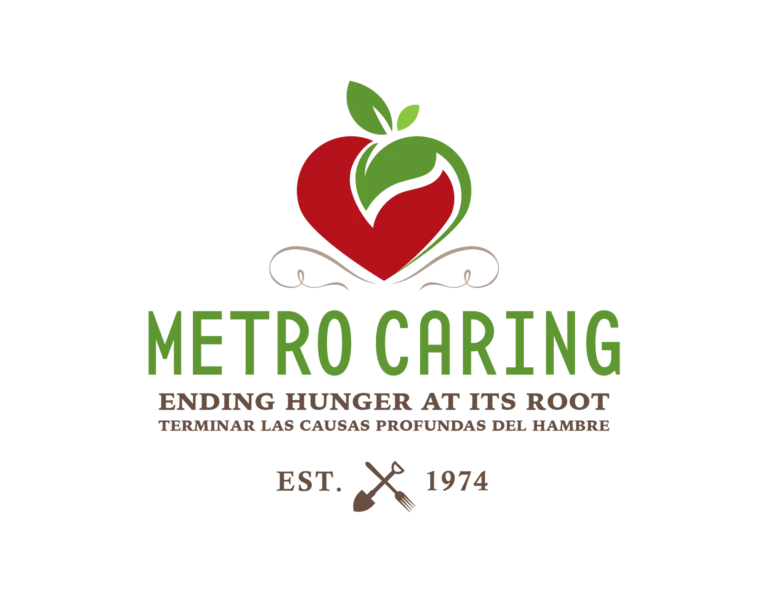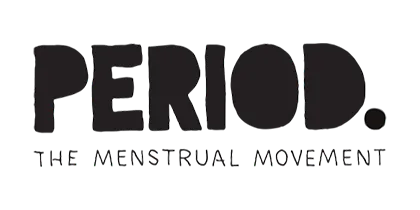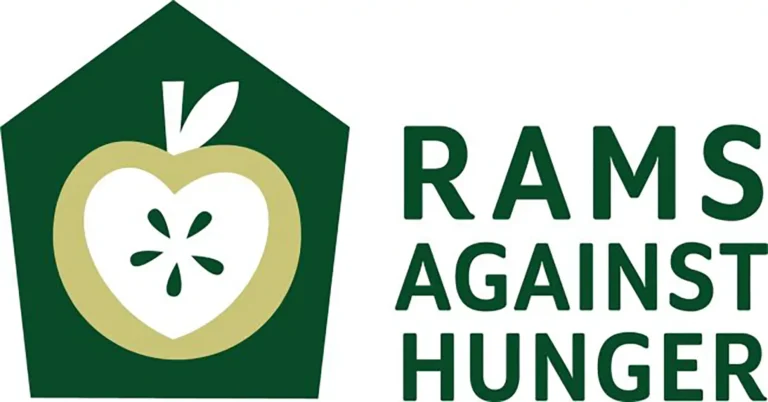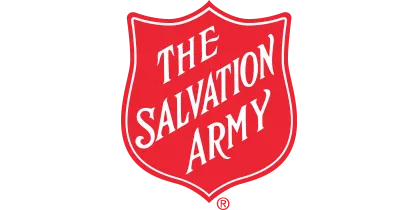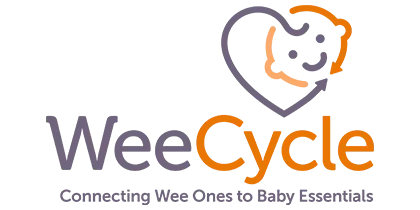When Just Is,
Is Not Enough
Imagine this: you’re at the grocery store, but the aisles with hygiene are inaccessible simply because you’re using SNAP/WIC. This is the reality Coloradans face every day. Justice Necessary is committed to addressing this hidden crisis in our community.
At the heart of our mission are 5 powerful pillars
Through our five pillars — Awareness, Education, Advocacy, Community Engagement, and Find Your Pantry — these pillars form the foundation of our work, enabling us to provide immediate relief while paving the way for transformative, lasting solutions.
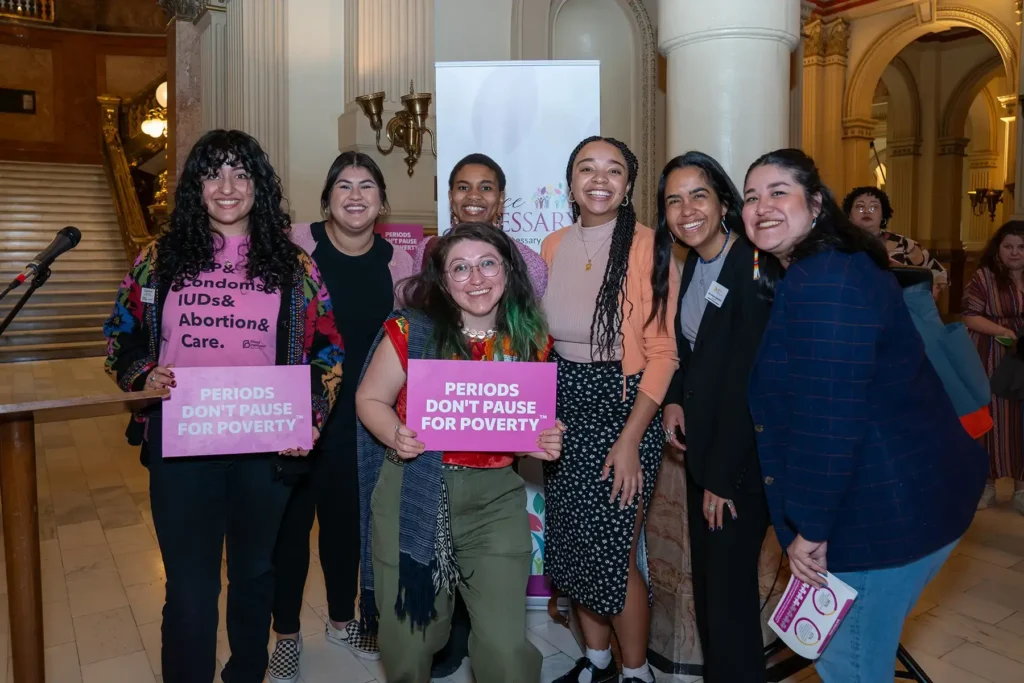
Awareness
Awareness is the foundation for change. By shining a light on hygiene poverty, we foster understanding, spark conversations, and drive education. This critical pillar empowers us to mobilize efforts and create lasting, systemic transformation in our communities.

Education
Education empowers communities to address hygiene challenges effectively. By providing knowledge and resources, we help uncover the roots of hygiene poverty and inspire meaningful action. Our goal is to equip individuals to create lasting solutions and ensure dignity for all.
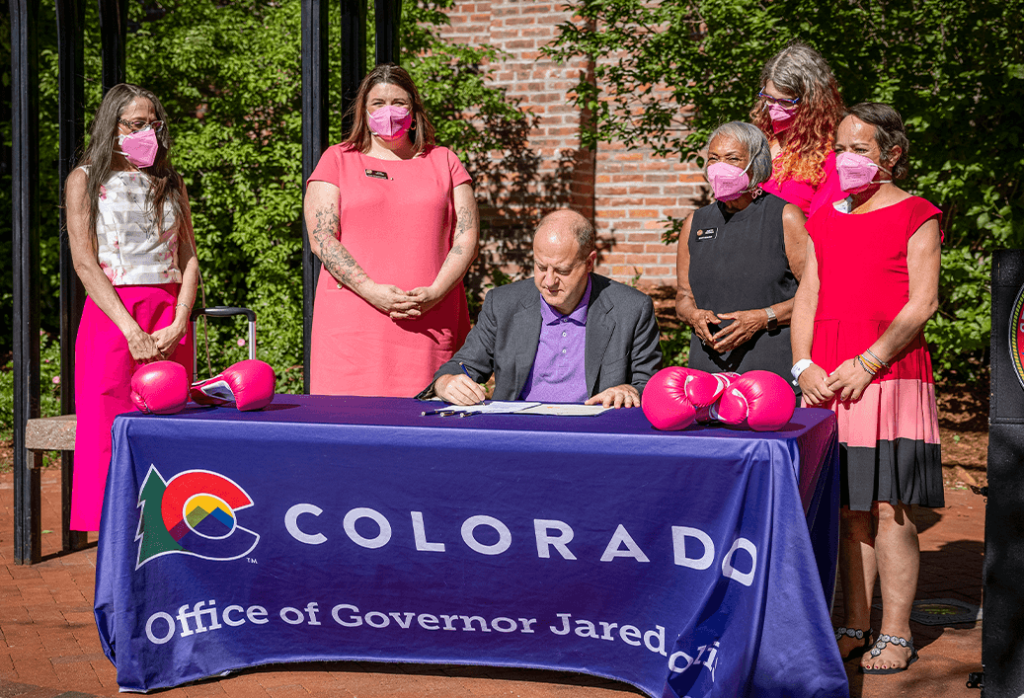
Advocacy
We helped pass HB24-1164, ensuring free menstrual products for students in Colorado. Legislation like this is only the beginning—advocacy drives meaningful change, ensures policies are enacted, and creates lasting positive impacts in our communities.
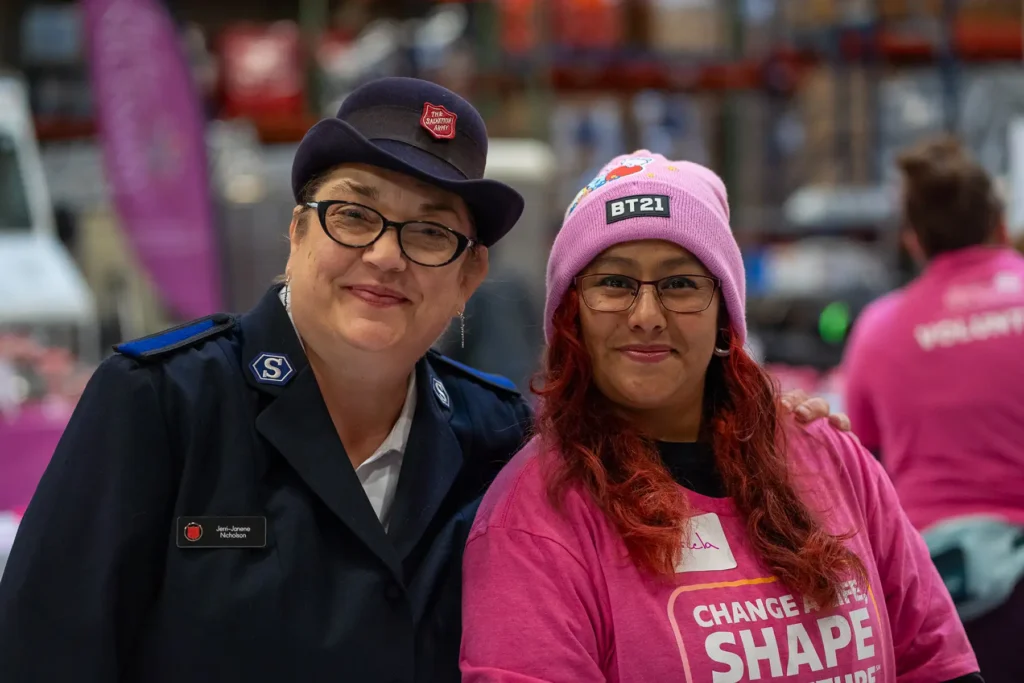
Community Engagement
Community engagement, events, and outreach are essential to building awareness and fostering education for meaningful change. By bringing people together, we spark dialogue and inspire collective action toward a shared goal of dignity and equity for all.
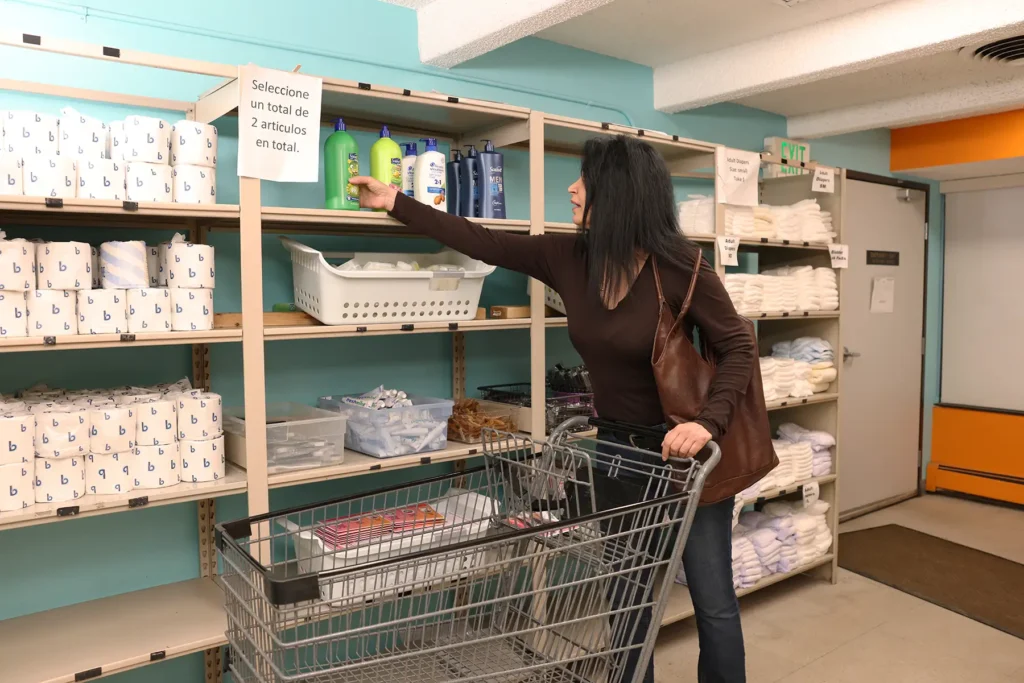
Find Your Pantry
Need hygiene supplies? Want to support your local pantry? Find Your Pantry links individuals and families with nearby food and hygiene pantries, ensuring vital resources are always accessible. Whether you’re seeking help or offering support, this tool bridges the gap to meet community needs.
Our Impact
It’s more than just a diaper, a wipe, or a pad.
Each of these represents a more secure parent, a healthier baby, a teenager who can go to school while they’re on their period.
Deodorant, toothbrushes, soap, and so many more basics like these are taken for granted every day. We serve the people for whom these small staples can be life-changing.
organic period
products
eco-friendly diapers
& wipes
basic hygiene
essentials
organic period
products
eco-friendly
diapers & wipes
basic hygiene
essentials




